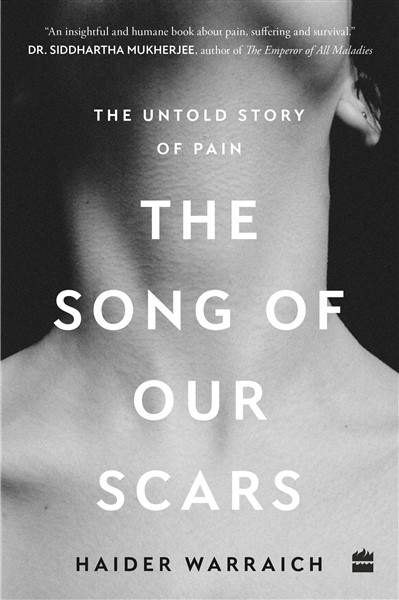The Song of Our Scars The Untold Story of Pain
Haider Warraich is a doctor at Brigham and Women's Hospital and in the VA Boston Healthcare System and an assistant professor at Harvard Medical School. He is the author of Modern Death and State of the Heart and regularly writes for The New York Times and The Washington Post, among others. He lives in Wellesley, Massachusetts. ... Read more Read less
In The Song of Our Scars, physician Haider Warraich offers a bold re-examination of the nature of pain not as a simple physical sensation, but as a social and cultural experience. Warraich, who himself has lived with chronic pain, considers the ways in which our notions of pain have been shaped, not just by science but by politics and power, race and gender, by whose suffering has mattered and whose hasn’t. He weaves a provocative history that carries us from medieval prohibitions on pain relief during childbirth to racist theories of pain tolerance to the opiate epidemics of both the nineteenth and the twenty-first centuries. He reveals that pain often carried a spiritual dimension, erased by modern biomedicine. Today, he writes, patients with chronic pain not only suffer with no end in sight, but are stigmatized and delegitimized by the health system. The conclusion is clear: Only by reckoning with pain’s complicated history alongside its intricate biology can we truly begin to alleviate suffering.
The Song of Our Scars is an indictment of a broken system and a plea for a more holistic understanding of the human body.











